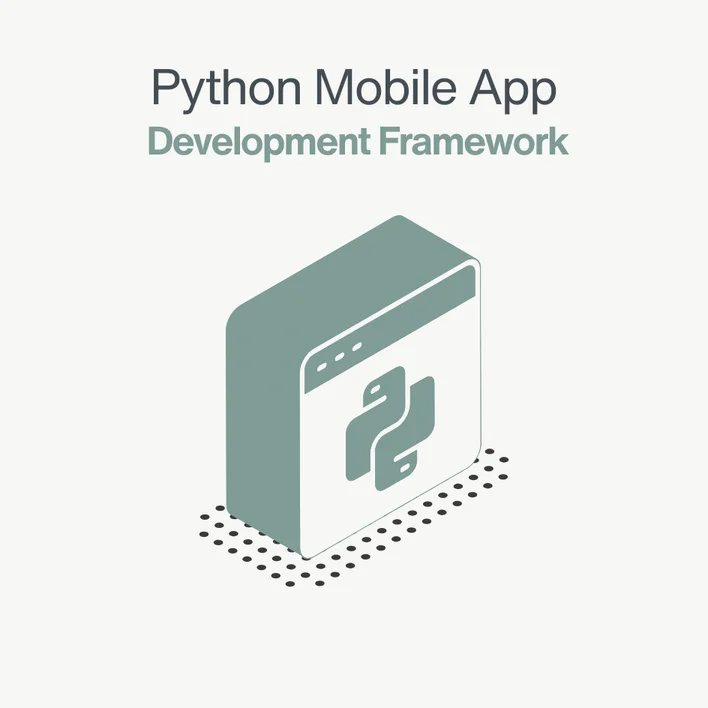The New Era of AI in 2025: From Gemini 3 to Creative AIs
Learn about the best AI tools for 2025, including Nano...
We use cookies for our website to give you the most relevant experience by remembering your preferences. By clicking “accept”, you consent to use of ALL the cookies
This website uses cookies to improve your experience while you navigate through the website. Out of these, the cookies that are categorized as necessary are stored on your browser as they are essential for the working of basic functionalities of the website. We also use third-party cookies that help us analyze and understand how you use this website. These cookies will be stored in your browser only with your consent. You also have the option to opt-out of these cookies. But opting out of some of these cookies may affect your browsing experience.
Necessary cookies are absolutely essential for the website to function properly. These cookies ensure basic functionalities and security features of the website, anonymously.
| Cookie | Duration | Description |
|---|---|---|
| cookielawinfo-checkbox-functional | 11 months | This cookie is set by GDPR Cookie Consent plugin. The cookie is used to store the user consent for the cookies in the category “Analytics”. |
| cookielawinfo-checkbox-functional | 11 months | The cookie is set by GDPR cookie consent to record the user consent for the cookies in the category “Functional”. |
| cookielawinfo-checkbox-necessary | 11 months | This cookie is set by GDPR Cookie Consent plugin. The cookies is used to store the user consent for the cookies in the category “Necessary”. |
| cookielawinfo-checkbox-others | 11 months | This cookie is set by GDPR Cookie Consent plugin. The cookie is used to store the user consent for the cookies in the category “Other. |
| cookielawinfo-checkbox-performance | 11 months | This cookie is set by GDPR Cookie Consent plugin. The cookie is used to store the user consent for the cookies in the category “Performance”. |
| viewed_cookie_policy | 11 months | The cookie is set by the GDPR Cookie Consent plugin and is used to store whether or not user has consented to the use of cookies. It does not store any personal data. |
Functional cookies help to perform certain functionalities like sharing the content of the website on social media platforms, collect feedbacks, and other third-party features.
Performance cookies are used to understand and analyze the key performance indexes of the website which helps in delivering a better user experience for the visitors.
Analytical cookies are used to understand how visitors interact with the website. These cookies help provide information on metrics the number of visitors, bounce rate, traffic source, etc.
Advertisement cookies are used to provide visitors with relevant ads and marketing campaigns. These cookies track visitors across websites and collect information to provide customized ads.
Other uncategorized cookies are those that are being analyzed and have not been classified into a category as yet.
Cyberia Tech, Inc. respects your privacy. This Privacy Policy explains how we collect, use, and share your information. By using our services, you agree to this policy. If any other agreements conflict with this Privacy Policy, the terms of those agreements prevail.
Cyberia Tech complies with the EU-US and Swiss-US Privacy Shield Frameworks for handling personal data from the EEA, UK, and Switzerland. In case of any conflict, the Privacy Shield Principles prevail. Learn more at Privacy Shield. Key Definitions
Information linked to an individual, transferred from the EEA, UK, or Switzerland to the U.S.
Data revealing race, religion, health, sexual orientation, and similar categories.
Effective Date: [ 2026 / 01 / 21 ]
Welcome to The Cyberia Tech ! By accessing or using our website or services, you agree to
comply with and be bound by these Terms of Use and our Privacy Policy. If you do not agree with
these terms, please do not use our Services.
Loading
0 %

Going back to the efficiency of the Python mobile framework, let’s talk about how productive it is.
The provided features and large supporting community, ease of learning and high-level programming language, stability, and speed are the specific aspects that make the Python mobile app development framework extremely great.
In this section, we will look at why developers prefer Python mobile app frameworks. Python and its ecosystem cover all of the critical areas of development. Is it true, though?
What is the reasoning for this, and what are the benefits and drawbacks? Is it genuinely flawless, and can we develop a perfect app? Is it all in one? Here’s the answer.
Table of Contents
To address this issue, we can say that you will have access to the greatest mobile application framework on both iOS and Android to capture the target market, thanks to its open-source programming.
The codes are easier to write and perform faster than the others since they use simple language in the mobile app development process.

The Python mobile framework has a high density as it effectively meets the demands of developers and designers. Python is essential, thanks to the remarkable capabilities of Kivy and Beeware!
These two are designed specifically for iOS and Android, which is excellent! It’s great that each has its own options to provide you develop a solid application!
Kivy is a fantastic Python library that provides you with powerful graphic engines built with OpenGL technology.
There must be a point! OpenGL is a powerful tool that enables you to achieve high performance in graphics and visualize the results of each function with great clarity.
It’s great that it can manage GBU-bound and workloads in case of necessity!
That’s great! Kivy supports Python for Android projects. This tool is perfect for working with Android APKs!
Thanks to Python for Android and the available APKs, you can easily package your Python code into Android APKs! Kivy has a unique approach as it doesn’t rely on native widgets.
The Android application has its own unique features that set it apart from the native one. Kivy has a unique UI that is different from native UIs
It means you can run the Python-created program on Android. In general, regardless of platform, you will construct the program in Python.
If it is native, you can render it on iOS at the same time. You can also create it for both iOS and Android.
The other set of tools is Beeware. You write, design, and develop an application. You may also use it on other platforms such as macOS, Windows, and Linux GTK.
This is the advantage of Beeware: you can have that app everywhere with a single code base. This is Briefcase’s hand, and it will render that app everywhere.
The key distinction is that Kivy uses a UI tool kit while Beeware employs a native UI tool kit. With Beeware, you have a more native-like and native appearance.
While developing the program, native forms such as buttons and checkboxes will be offered. The issue with Beeware is that it is still unknown because it is new to the market.
What are the positive aspects along with the drawbacks of Kivy vs Beeware in the Python mobile framework?

Let’s check the advantages and drawbacks of Beeware:
The open-source framework is easy to build and unlikely to cause difficulties.
Beeware’s tool suite is licensed under the BSD license, which provides flexibility and few restrictions. The community can assist you with documentation, design, and issue fixes.
So, which one should you go with? Everything depends on the project and the purpose.
They provide you with some of the best GUI in the Python mobile app development framework.
As previously stated, Python is a simple language for beginners. The streamlined syntax will provide you with a smooth, natural language.
That is why it is popular among both experienced and inexperienced developers because it expedites the development process.
Data is an important aspect of any development, and the Python libraries given have allowed developers to save time and select any associated library based on their needs.
Python is unique in the machine learning, big data, and AI domains. Furthermore, it is employed in robotics and data science.
It is widely utilized in artificial intelligence and deep learning since it is so near to human logic and has a high-level language. You will face a fantastic helpful community to guide you on what you need to study because it has a long track record.
The development flexibility will allow developers to create new procedures rather than repeat the old ones.
That is why the name is Python; thanks to the Python mobile app framework, all-in-one options have been swallowed to bring us a high-quality road to app development.
Regarding frameworks comparison, Python excels in web and mobile development and data analysis and is versatile and readable.
React Native, a JavaScript library, enables cross-platform mobile app development.
Python’s strength lies in the backend and broader applications, while React Native shines in efficient mobile experiences.
Both frameworks offer compelling options for specific development needs.
Can I develop mobile app using Python?
We have already talked about how Python can be used to make mobile apps, PC programmes, and websites. If you use this language to make apps, you can make native apps for Android and IOS, as well as cross-platform apps that work the same way on both systems.
Which framework mobile app Python is best?
If you want to use Python to make mobile apps that work on both the Android and iOS systems, your main choices are Kivy and BeeWare.
Should I learn Django or Kivy?
Django is a high-level Python Web framework that supports quick development and clean, practical design. Kivy is an open source Python framework. It is an open source Python tool that makes it easy to make apps with new user experiences like multi-touch apps quickly.
Is Python a good choice for a mobile app?
Yes, Python is better than other languages for making apps. There are many top computer languages that can be used to make apps. But there are no hard and fast rules for figuring out which language is better for making apps.
The high-end capability of the Python mobile framework has allowed us to create some of the best mobile applications. Believe it or not, you owe the time you open Instagram to the Python mobile app framework.
The entire development goal is to provide the most incredible experience possible when using the app.
Python mobile app development framework has paved the way and removed potential roadblocks to optimize the development process. Assume a genuine shift in the development method.
Please let me know what your thoughts are. Please share your idea or contact us with your future mobile application concept.
You Can Get More Information!
